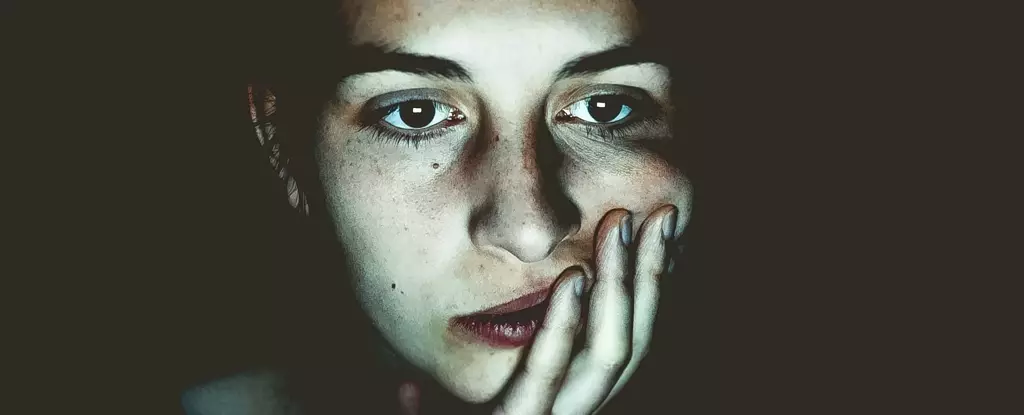In today’s fast-paced world, the importance of sleep is often downplayed in favor of productivity and social media engagement. A rather extreme manifestation of this trend is the “no-sleep challenge,” which has gained traction among certain online communities. Participants in these challenges assert their endurance by attempting to remain awake for extended periods, often to the detriment of their health. One prominent case involved a 19-year-old YouTuber named Norme, who livestreamed his attempt to break the record for consecutive hours without sleep. Although Norme’s 264-hour ordeal momentarily captured public attention, it also ignited serious concerns regarding the physical and psychological repercussions of such reckless behavior.
Historically, the pursuit of sleep deprivation records dates back several decades. The current record, held by Robert McDonald, stands at a staggering 453 hours, a feat achieved under far less scrutiny than today’s social media environments. However, in 1997, Guinness World Records prudently discontinued the monitoring of sleep deprivation records due to the significant dangers involved. This decision underscores a key point: prolonged wakefulness is not just a benign challenge but a serious risk factor for a host of health issues, such as cardiovascular diseases, obesity, and mental health disorders.
Sleep is not merely a break in our daily routines; it is a physiological necessity that allows our bodies to recuperate. During various sleep stages, particularly the rapid eye movement (REM) phase, critical cognitive functions flourish, enhancing creativity, learning, and memory. Disruption of these cycles—whether through lifestyle choices such as excessive caffeine or alcohol consumption—can lead to a multitude of negative consequences that ripple through both mind and body.
Acute vs. Chronic Sleep Deprivation
The ramifications of sleep deprivation can be categorized into acute and chronic forms. Acute sleep deprivation may occur after just one or two restless nights, leading to immediate symptoms such as cognitive impairment, irritability, and physical manifestations like dark circles under the eyes. Research indicates that even a single day without sleep can significantly impair function, making the individual less capable than someone who is over the legal alcohol limit for driving.
As the days without sleep accumulate, so do the symptoms. On the second day, individuals often experience heightened irritability and cognitive decline. The phenomenon of “microsleeps,” which are brief involuntary naps, becomes more frequent, further interfering with an individual’s ability to function. By the time one reaches the third day of wakefulness, the psychological effects can become deeply distressing, manifesting as feelings of detachment from reality and even hallucinations.
Chronic sleep deprivation is even more insidious. Many occupations, particularly those involving night shifts, force individuals into a cycle of ongoing fatigue. Research reveals that night shift workers average significantly less sleep than their day-shift counterparts, often resulting in serious long-term health effects, including increased risk of mortality. Alarmingly, studies continue to draw a link between both inadequate and excessive sleep time with an elevated risk of death—a paradox in a society that often overlooks the importance of balanced sleep patterns.
Recovery from sleep deprivation is another complicated matter. While some individuals may bounce back after a single night of rest, others find that it takes days or even weeks to regain normal functionality. More distressingly, research shows that recovery sleep may not reverse the metabolic disruptions associated with sleep deprivation, leading to longer-lasting effects on health.
Prioritizing Good Sleep Hygiene
With all the evidence pointing toward the dangers of sleep deprivation, it might be time for society to reconsider the glorification of challenges that prioritize endurance over well-being. Rather than attempting to outlast one another in sleeplessness, a focus on sleep hygiene and establishing a routine that prioritizes seven to nine hours of quality sleep is essential. This shift in mindset could foster greater health and wellness for the general populace.
While social media may continue to popularize extreme sleep challenges, the real challenge should be to cultivate habits that promote restful sleep. Prioritizing our health, both mental and physical, will ultimately lead to a society that is not only more alert but also more productive and fulfilled. The body, in its quest for balance, will unequivocally thank us for embracing sleep over sleeplessness.


Leave a Reply